- California Assembly OKs highest minimum wage in nation
- S. Korea unveils first graphic cigarette warnings
- US joins with South Korea, Japan in bid to deter North Korea
- LPGA golfer Chun In-gee finally back in action
- S. Korea won’t be top seed in final World Cup qualification round
- US men’s soccer misses 2nd straight Olympics
- US back on track in qualifying with 4-0 win over Guatemala
- High-intensity workout injuries spawn cottage industry
- CDC expands range of Zika mosquitoes into parts of Northeast
- Who knew? ‘The Walking Dead’ is helping families connect
Early Korean immigrant letters donated to Hangeul museum
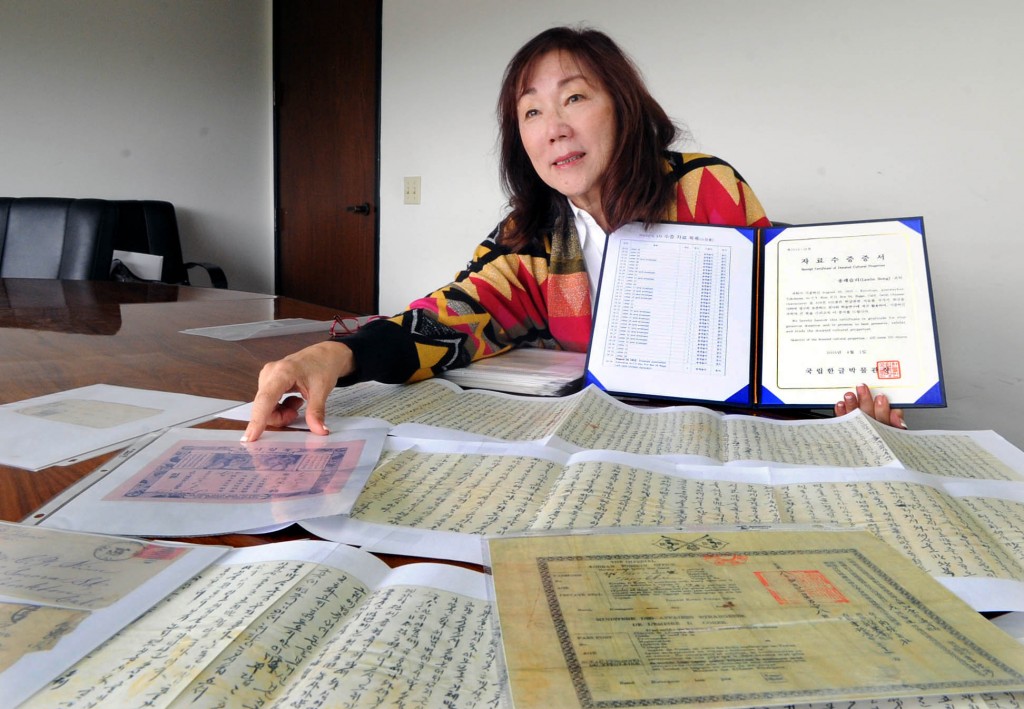
Leslie Song, daughter of late Korean American politician Alfred H. Song, explains the collection of letters she donated to Korea’s National Hangeul Museum. (Park Sang-hyuk/Korea Times)
A collection of Japanese colonial-era letters written by the first generation of Korean American immigrants, kept by the family of the late Korean American politician Alfred H. Song, was donated this month to the National Hangeul Museum in South Korea.
Leslie Song, the politician’s daughter, said she accidentally came across the 100-plus documents inside a travel trunk owned by her grandfather, Kim Jang-yeon.
Included in the collection are immigration documents and letters dated in the early 1900s to and from Kim and his family in Korea, which detail his move to and residence in America.
In the 30 letters given to the museum, dated 1914 to 1920, Kim — who was 23 years old in 1914 — talks about the difficulties of an immigrant’s life to his younger brother, Kim Jang-kwon. He also makes inquiries about money sent to his Suwon home and expresses his longing to see his parents.
It was only recently that she learned a portion of the collection included letters about the trials faced by early immigrants who landed in Hawaii and California, Leslie Song said.
The first Korean immigrants to America arrived in Honolulu aboard the SS Gaelic on January 13, 1903.
She said she donated the letters to the museum after a visit to Kyunghee University Korean literature professor Kim Yang-jin revealed the value of the collection in the study of Hangeul — written Korean — during Japanese occupation of the country from 1910 to 1945.
“It became difficult to study Hangeul during Japanese imperalism, and key figures left the country to China, Japan and the U.S., leaving almost no documents remaining on the Korean peninsula,” said Kyunghee University Korean literature professor Kim Yang-jin. “I’m certain these donated documents will prove important to the study of Hangeul.”







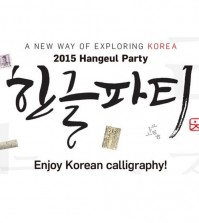
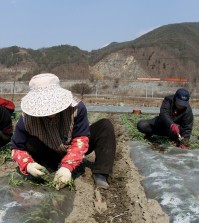
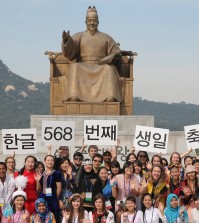
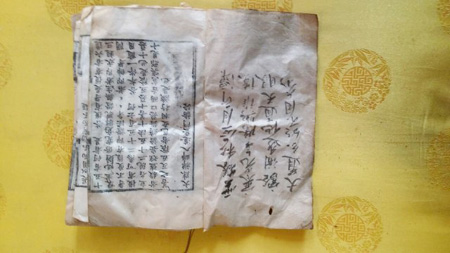





Pingback: Korean Immigrant Hawaii | gettingthere - kauaihawaii